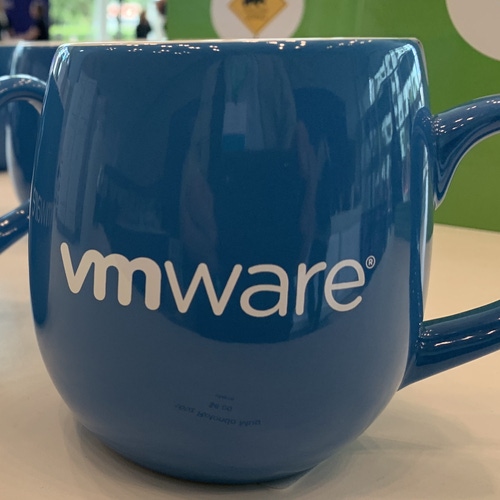VMware Unveils 'Project Maestro' to Speed Network Virtualization
VMware wants to help telcos launch services faster in multi-cloud environments.

VMware today unveiled "Project Maestro," a telco cloud orchestration and automation engine designed to help providers launch services faster in multicloud environments by simplifying deployment of virtual network functions (VNF).
"This will accelerate multicloud operational agility, help carriers launch new services faster, and fundamentally simplify deployments of virtual network functions and network services," Gabriele di Piazza, VMware VP products and services, telco NFV, tells Light Reading.
Project Maestro, which launches in technology preview today, is designed to let operators design, compose and deploy network services rapidly on Amazon Web Services, Microsoft Azure and Google Cloud. It supports Kubernetes and OpenStack.
Additionally, Project Maestro provides integration with back-office OSS and BSS systems and telemetry to provide closed-loop automation as part of a deploying service, di Piazza says.
Now entering its sixth year, the 2020 Vision Executive Summit is an exclusive meeting of global service provider executives focused on navigating the disruptive forces at work in telecom today. Join us in Vienna on December 3-5 to meet with fellow senior communications executives as we define the future of next-gen communications and how to make it profitable.
Project Maestro is designed to help communications service providers make the infrastructure virtualization changes necessary to make the leap to 5G and edge computing by adopting a cloud-first strategy supporting multiple clouds. By virtualizing networks, operators get increased scalability, reduced cost, faster time to market and improved customer experience compared with current technologies, VMware proposes.
Additionally, VMware launched an extension to its VNF certification program, VMWare Ready for NFV, which allows developers to test third third-party VNFs for interoperability with the VMWare vCloud NFV platform.
The update to VMware Ready for NFV provides for self-certification, by allowing VNF vendors to run an automated certification testing in the cloud.
Who's the competition?
VMware sees its competition as equipment vendors that provide a single vertical stack of hardware and software for NFV. And, while di Piazza didn't name them, the leading telco equipment vendors, Huawei, Nokia and Ericsson, all have their own NFV lines. Other competitors are systems integrators looking to lock telcos into multi-year projects. VMware competes by offering a cloud-native software stack with open, standardized APIs to work with multiple vendors, di Piazza says, noting that 120 VNFs are certified on the VMware platform.
Additionally, VMware competes with Red Hat OpenShift, a multicloud Kubernetes platform for both enterprises and telcos.
And that's not all: Startup Volterra came out of stealth this week, with $50 million funding to fuel its own multicloud platform for service providers and enterprise.
Also this week, Arista launched CloudEOS, a platform to deploy and operate virtual networks in the cloud, complementing services such as VMware's by connecting VNFs and other containerized applications.
VMware has been investing heavily in both NFV and Kubernetes for several years; it sees the service provider market as strategic and NFV and cloud network functions (CNFs) are fundamental to that strategy. In August, VMware said it plans to buy Pivotal Software, to enhance developer support for containerized Kubernetes applications. Dell Technologies currently owns controlling interest in both VMware and Pivotal.
To find out more about what VMware's been doing with telco cloud, see these articles:
— Mitch Wagner ![]()
![]()
![]()
![]() Executive Editor, Light Reading
Executive Editor, Light Reading
About the Author(s)
You May Also Like




.jpg?width=300&auto=webp&quality=80&disable=upscale)







